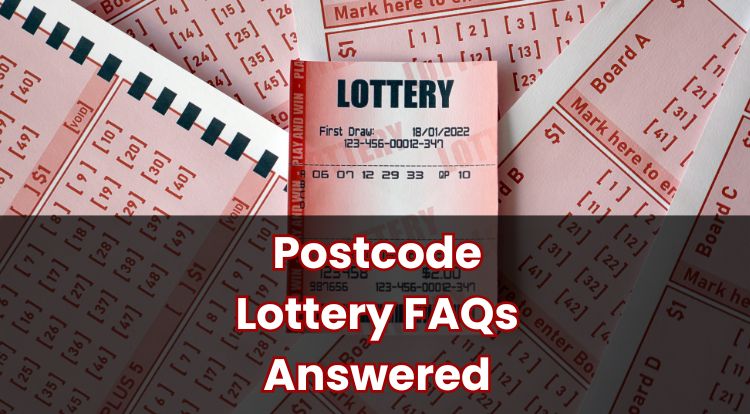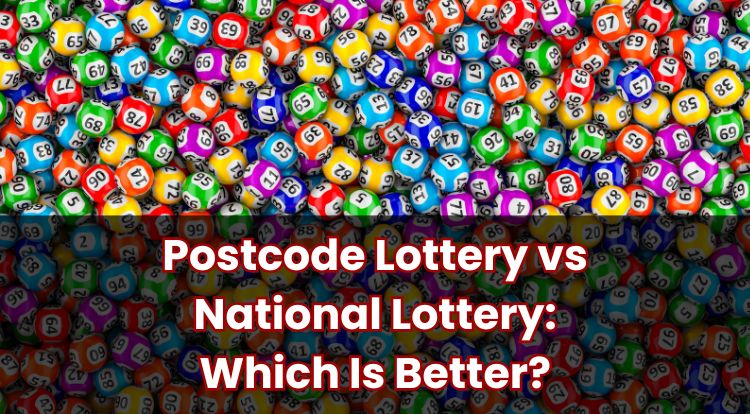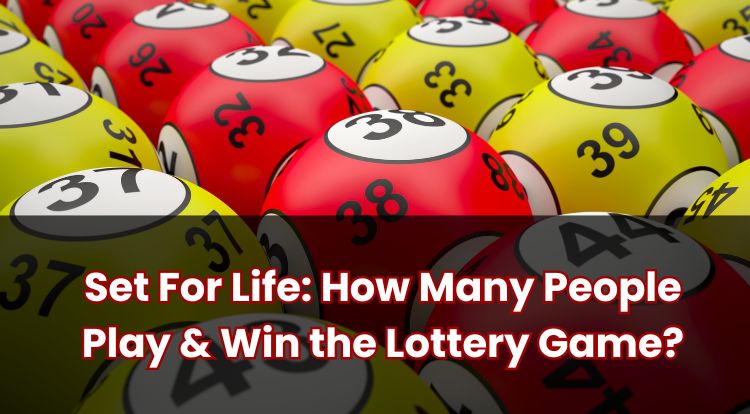How Do We Know the Lottery Isn’t Rigged or Fixed?
The idea of taking part in the lottery can naturally raise questions about how fair and transparent the process really is. With so many people entering draws each week, it’s reasonable to wonder what goes on behind the scenes.
You might ask how the winning numbers are chosen, whether the process is truly random, and if anything is kept from view. This article explores the regulations, oversight, and procedures in place for the UK National Lottery. Read on to learn more.
Is The Lottery Rigged?
Doubts about fairness are not uncommon, especially when large sums are involved. In the UK, the National Lottery is required to follow clear guidelines set by the UK Gambling Commission (UKGC). This public authority is responsible for making sure all games, including the lottery, are run according to legal standards.
Each draw uses special machines, and the process is supervised by independent observers who do not work for the lottery. These people make sure everything is in order, and full records are kept of every draw.
The chance of winning the Lotto jackpot is about 1 in 45 million. This figure comes from the total number of possible number combinations, not from any system or favouritism.
For online instant win games and other options, the rules for each game differ, so it could be best to look at individual descriptions for details on how they work. Every licensed operator in the UK must comply with regulations to remain transparent and maintain fairness.
How Are UK Lottery Draws Regulated?
The UKGC is in charge of overseeing the National Lottery and making sure every aspect stays above board.
Lottery operators cannot run games until they have been granted a licence, which comes with strict conditions. This includes proving that draws are run safely, prize money is safeguarded, and all procedures are strictly followed.
Every draw machine and the ball sets are regularly checked by trained staff. Draws themselves are always witnessed by people independent of the operator. These observers ensure rules are followed, from machine preparation to the drawing of every ball.
Draw results are carefully recorded. Additional security tools, such as monitored cameras and tamper-proof seals, are used to help spot any interference or problems.
If procedures are not followed or if concerns are raised, the UKGC can take action, examine records, and issue penalties. This structure is a key part of how the UK lottery maintains public trust and fairness.
What Systems Make Sure the Results Are Random?
To achieve random results, UK lottery draws rely on machines that mix numbered balls using various methods, such as blowing air or spinning paddles. Multiple sets of both machines and balls are kept, with the draw set selected randomly before each event.
Checks are performed on all equipment, and independent auditors watch the process. If a major issue is found, draws can be postponed until it is fully reviewed.
For online lottery and instant win games, certified Random Number Generators (RNGs) are used. These are checked by third-party companies that specialise in software testing, and their reports are assessed regularly.
Security cameras, logs, and observer oversight ensure that all draws remain as unpredictable as possible, in line with UK laws. If you’re considering digital game options, individual game pages provide full information on randomisation measures used.
Can Employees or Insiders Rig the Lottery?
Concerns about inside interference are understandable, especially with so much at stake. In the UK, anyone working for the lottery or connected to the draw process faces strict vetting. This includes thorough background and criminal record checks, plus ongoing reviews for trusted positions.
No single person is responsible for running a draw. Draws always involve several staff members, with actions overseen by independent observers who are not employed by the lottery operator. These extra eyes help to catch any suspicious activity.
Logs and camera footage are kept for every draw, ready for review at any time. The UKGC has the power to investigate if any suspicious patterns or misconduct are reported by staff or the public.
Technical barriers are also built into online systems, making it impossible for employees to access or alter RNG software. Independent audits of digital games are carried out frequently to spot unauthorised changes.
Has the Lottery Ever Been Fixed Before?
The UK’s National Lottery has never had a proven case of the main televised draw being fixed since it started in 1994. This can largely be credited to the preventative systems and third-party checks described earlier.
The continuous monitoring, locked equipment, and strong government oversight have stopped fraud and manipulation before they reach the public. Even when small irregularities occur, draws are suspended, and full investigations take place.
Though there have been scandals in other countries, these rare incidents have led the UK to introduce even tougher monitoring and strict penalties, which keeps trust high for those taking part.
If you prefer playing instant win or online games, always check that the platform holds a valid UKGC licence and lists up-to-date testing certificates.
The Fake Winners Theory: Are Lottery Winners Real?
A common rumour is that some lottery winners might not be genuine, especially as not every winner chooses to make their story public. In reality, UK winners can opt to remain private or to share their experiences.
Those who do choose to go public are often highlighted in official stories shared by Camelot. For any large win, the claims process involves thorough verification by both National Lottery staff and independent auditors before any payment is made.
Winners of the largest prizes must go through additional checks to prove the ticket is valid. These checks ensure the process is transparent and secure for everyone.
Accurate details of all payouts and prizes are kept and are open to inspection by regulators, supporting continued confidence in the draws.
What Happens If Someone Tries to Cheat the Lottery?
Built-in security systems are designed to catch cheating early. Ticket numbers, draw results, and payouts are monitored by specialist teams using modern technology. If someone attempts to commit fraud, fake a ticket, or make a dishonest claim, these systems raise an alert.
As discussed earlier, bigger prizes are subject to even closer scrutiny, with third-party cross-checking. Any evidence of fraud is reported to the UKGC and the police if a crime is suspected.
Penalties in the UK for lottery fraud can include fines, forfeited winnings, or criminal charges. Court cases have resulted from such attempts, as covered in the press.
For those who play online, digital security tools and transaction monitoring help detect any suspicious activity. Operators who neglect these risks can lose their licence or face serious consequences.
Is It Worth Playing The Lottery?
Whether to enter the lottery is your decision. Many people join in for the prize draws, while others like knowing a percentage of ticket sales goes towards national charitable projects.
Each standard Lotto ticket costs £2, and draws usually take place twice per week. The odds of winning the main jackpot stand at around 1 in 45 million, with the chance of winning any prize about 1 in 9.3. Details on each game, prize fund, and house edge can be found alongside them.
A share of every ticket also helps support good causes in communities across the UK, with the rest going to prize funds and retailers. There are no ways to improve your odds, as each line is based purely on a random draw.
All these safeguards and open processes are what make the National Lottery a reliable and regulated game for everyone who chooses to play.
**The information provided in this blog is intended for educational purposes and should not be construed as betting advice or a guarantee of success. Always gamble responsibly.
*All values (Bet Levels, Maximum Wins etc.) mentioned in relation to these games are subject to change at any time. Game features mentioned may not be available in some jurisdictions.




